What You Need to Know
- Gundlach expects a recession by the second quarter of 2024.
- He's worried about a higher-for-longer interest rate stance.
- He recommends an equal-weighted basket over cap-weighted and manufacturing over financials.
DoubleLine Capital CEO Jeffrey Gundlach, predicting a U.S. recession by the second quarter of 2024, indicated Tuesday that investors should move away from the seven big stocks that have led this year’s market rally.
He suggested investors concentrated in the “magnificent seven” tech stocks — Apple, Amazon, Alphabet, Meta, Microsoft, Nvidia, and Tesla — are playing with fire.
“They will obviously be the worst performers in the upcoming recession. Whatever is leading the charge going into the economic downturn invariably must lead the charge on the way down,” he said at the Yahoo Finance Invest conference, per a video replay. “So I would get out of them. I would go into an equal-weighted basket as opposed to a market-weighted basket.”
The DoubleLine founder had other specific stock suggestions, saying he would move away from the U.S. banking system.
“The banks are losing a ton of money. One large bank in America — I won’t name their name — but they’ve got about $1 trillion investment portfolio and it’s kicking off 3%,” but the borrowing cost at the Fed is over 5 and 3/8, he noted, “so you want to stay away from all of these things that are debt based.”
“So I would go for manufacturing as opposed to finance,” Gundlach said. He suggested it was time to start gradually diversifying into non-U.S. equities on a dollar-cost-averaging basis.
“In particular, I would start thinking about emerging markets once the dollar index starts to fall, which has not happened yet. But it’s going to happen in the next recession,” he said.
Investors preparing for a 2024 recession also should upgrade in credit quality, which already is working, he suggested. “Bonds have done really well over the past week. Stocks have done well, too, because they needed bonds to do well to kind of stop falling, which happened over the last few months.”







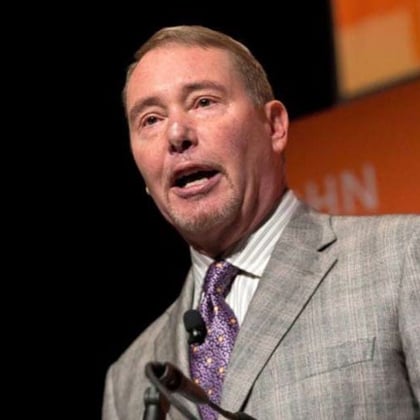
 November 08, 2023 at 02:37 PM
November 08, 2023 at 02:37 PM



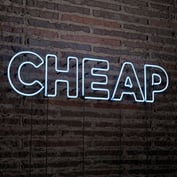

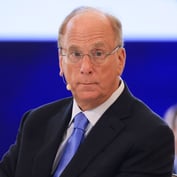
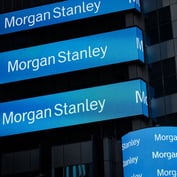
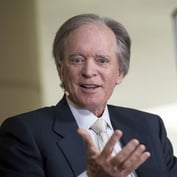




 Copyright © 2024 ALM Global, LLC. All Rights Reserved.
Copyright © 2024 ALM Global, LLC. All Rights Reserved.